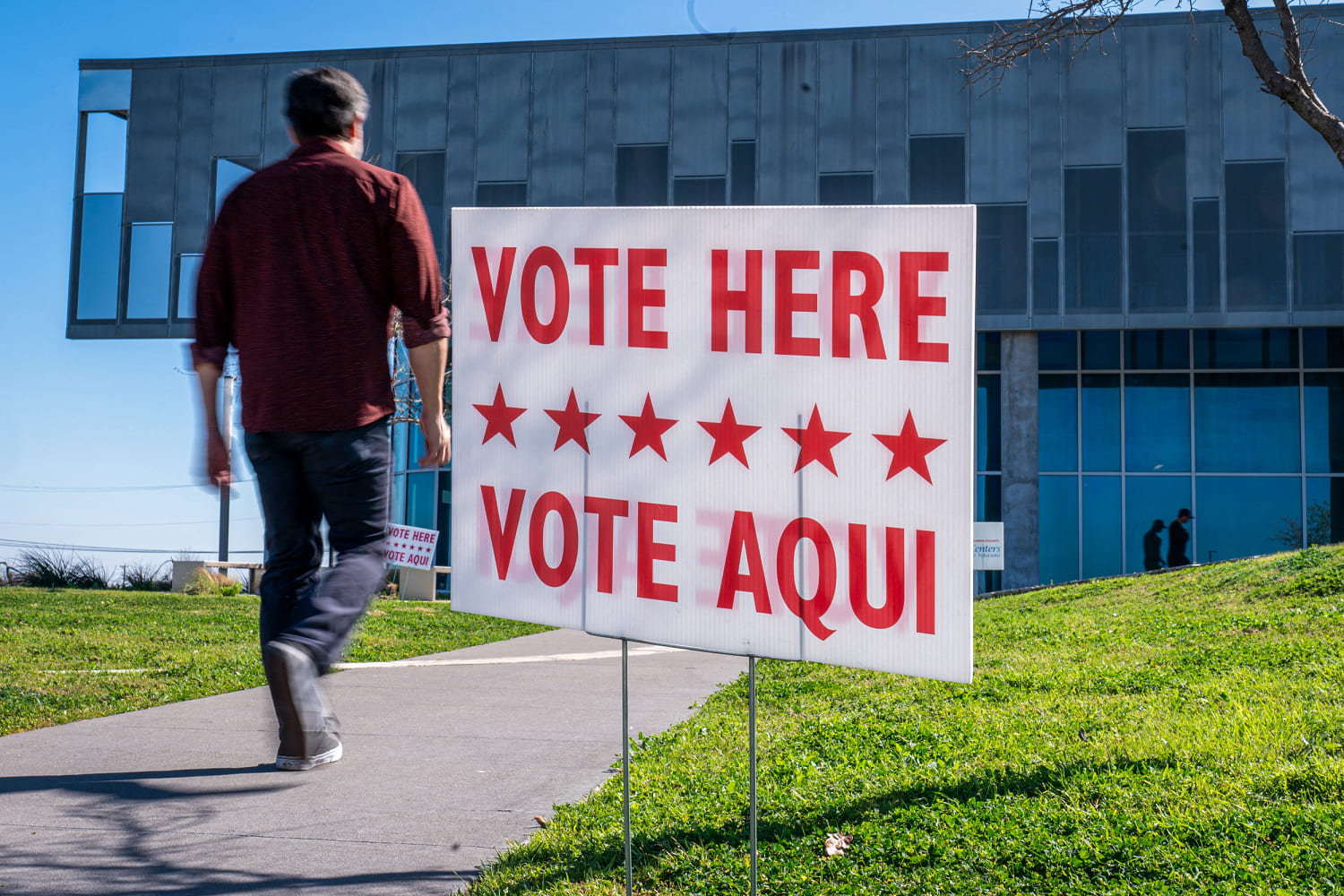At the end of the Second World War, the public’s belief in the ability of government to get things done was high. How can the public service earn back that level of credibility?
Published Sep 23, 2024 • Last updated 0 minutes ago • 9 minute read

Donald J. Savoie holds the Canada Research Chair in Public Administration and Governance at the Université de Moncton. An award-winning author, he has published numerous books on public policy, public administration and federalism. Savoie has served as an adviser to several federal, provincial and territorial government departments and agencies, the private sector, independent associations, OECD, the World Bank, and the United Nations. His influence on Canadian public policy, Canadian public administration and Canadian society has been evident for years. The following is adapted from the introduction to his new book, SPEAKING TRUTH TO CANADIANS ABOUT THEIR PUBLIC SERVICE.
Advertisement 2
THIS CONTENT IS RESERVED FOR SUBSCRIBERS ONLY
Subscribe now to read the latest news in your city and across Canada.
- Exclusive articles from Elizabeth Payne, David Pugliese, Andrew Duffy, Bruce Deachman and others. Plus, food reviews and event listings in the weekly newsletter, Ottawa, Out of Office.
- Unlimited online access to Ottawa Citizen and 15 news sites with one account.
- Ottawa Citizen ePaper, an electronic replica of the print edition to view on any device, share and comment on.
- Daily puzzles, including the New York Times Crossword.
- Support local journalism.
SUBSCRIBE TO UNLOCK MORE ARTICLES
Subscribe now to read the latest news in your city and across Canada.
- Exclusive articles from Elizabeth Payne, David Pugliese, Andrew Duffy, Bruce Deachman and others. Plus, food reviews and event listings in the weekly newsletter, Ottawa, Out of Office.
- Unlimited online access to Ottawa Citizen and 15 news sites with one account.
- Ottawa Citizen ePaper, an electronic replica of the print edition to view on any device, share and comment on.
- Daily puzzles, including the New York Times Crossword.
- Support local journalism.
REGISTER / SIGN IN TO UNLOCK MORE ARTICLES
Create an account or sign in to continue with your reading experience.
- Access articles from across Canada with one account.
- Share your thoughts and join the conversation in the comments.
- Enjoy additional articles per month.
- Get email updates from your favourite authors.
Sign In or Create an Account
or
Article content
****
Canadians, Americans, the British, the French and Australians no longer trust government to the extent that they once did. French President Emmanuel Macron talks about a crisis in liberal democracies and points to a lack of efficiency in government as an important component of the crisis. Public opinion surveys in Organisation for Economic Co-operation and Development (OECD) countries reveal that only four out of 10 people now trust their national governments. The OECD explains why trust in government is key to good government: “Trust is the foundation upon which the legitimacy of democratic institutions rests.”
In Canada, trust in government is on a downward slide. A recent public opinion survey reveals that trust in government among Canadians was at 34 per cent in 2022, down from 37 per cent in 2021 and 45 per cent in 2018. A Leger public opinion survey reported in February 2023 that “67 per cent of Canadians” believe that “Canada is broken.” The two Leger pollsters argued that “the notion of brokenness raises the question of how the relationship between citizens and those elected can be repaired. Perhaps the question — is Canada broken? — should be replaced by: “Is Canada able to act on citizens’ concerns and show they are making an impact?”
Advertisement 3
Article content
A number of reasons have been suggested to explain the declining trust in government: poor institutional performance; politicians; the rise of social media; confusion between what is news and what is opinion; globalization; income inequality; democratic disengagement, as more and more citizens become convinced their vote does not matter; and the belief that only political, bureaucratic, and economic elites have influence.
My book explores five related themes, all tied to accountability: the difficulties the Canadian public service has in planning and delivering programs and services; the effect of the concentration of power in the hands of prime ministers and their advisers on government operations; how the introduction of private sector management practices has transformed the public service; why accountability requirements in government operations have fallen into disrepair; and why federal public servants can only identify problems in governments operations after they leave government.
I believe that many of these points also apply to the public sector writ large.
Advertisement 4
Article content
Many Canadians believe that there is a double standard at play, one for the public sector and another for all the other sectors. Globalization, for example, has meant job losses for some private sector firms as they moved their operations to low-cost jurisdictions, whereas the public sector has remained immune to these developments. In short, the thinking outside government is that public servants have been sheltered from the global economy and other economic forces that have pushed private firms and their workers to be more competitive.

And yet, regardless of the generous employment benefits, there are many signs that not all is well inside the Canadian public service: it is plagued with a continuing morale problem; sick leaves have shot up by 68 per cent in the last 10 years; clerks of the Privy Council have launched at least three vision exercises over the past 30 years with little to show for them; public servants have repeatedly been told to emulate the private sector, also with little success; and career officials, by their own account, no longer hold the influence they once did in shaping public policy. Federal public servants are less willing to reach beyond the bureaucracy with the self-assurance and confidence in their institution that they once did.
Advertisement 5
Article content
Public opinion surveys also reveal that Canadians are not satisfied with the level of services they receive from federal government. Some 20 per cent of Canadians report they are “very unsatisfied” and another 26 per cent report that they are “unsatisfied” with the services the federal government provides. Only eight per cent report that they are “very unsatisfied” with the level of services they receive from their provincial governments.”
Government bureaucracies have never been popular down through the ages. In a 1964 article, Anthony Downs wrote that the term bureaucrat is “universally regarded as an insult.” If anything, the word is even more of a pejorative today than it was 60 years ago. It conjures up images of unmotivated public servants, consistently drowning in red tape, known for their unimaginativeness, resisting change, underperforming, having little accountability for their work, and being responsible for the profligate spending of public funds.
From the media, one could conclude that career government officials have few friends outside of government. They are also increasingly being challenged inside government, even by the politicians on the government side whom they are asked to serve. Since the 1980s, politicians throughout the western world have strengthened their offices so they can act as a counterweight both to the policy advice and to the administrative work of career officials. Some politicians even label government bureaucracy the “deep state,” an entity that always pursues its own interests with little regard for the broader public interest or the wishes of its political leaders. They insist that it is a development that needs to be addressed, though they have been short on solutions. The long-standing bargain that guided the relationship between politicians and public servants is now broken.
Advertisement 6
Article content
The media and academe tend to focus on what went wrong in government and not report on success stories. I have pointed to failures in government operations, in the past and again in this book, but it is important to underline the point that public servants are not solely responsible for the failures. There have also been successes, with public servants playing an important part. Understanding the reasons for the failures can help to identify ways to strengthen the capacity of the federal public service to provide policy advice and improve the delivery of programs and services.
It is also important to note that government bureaucrats have rarely enjoyed broad public support over the years. By 1850, some British political observers were taking dead aim at government bureaucracy, arguing that it was paving “the way to waste and inefficiency … its very nature unaccountable and it would stifle individual responsibility and initiative.” This and other developments led the British government to launch a fundamental review of the work of the civil service. The Northcote-Trevelyan Report, published in 1854, has had a profound and lasting effect on the British civil service, leading to a comprehensive overhaul of the British civil service, and later on both the Canadian and the American civil services.
Advertisement 7
Article content
The report reads: “Admission into the Civil Service is indeed eagerly sought after, but it is for the unambitious, and the indolent or incapable that it is chiefly desired … and those whom indolence of temperament or physical infirmities unfit for active exertions, are placed in the Civil Service.” Canada followed with the Murray Report and the United States with the Pendleton Act. The objective in all three cases was to move to a permanent, non-partisan, and merit-based civil service.
The reports and reform measures did have a positive effect. At one point, government career officials were held in high esteem, at least in Anglo-American democracies, and they had a golden age of sorts between the early 1940s and the mid-1960s.
I recognize the tendency to look at the past through rose-coloured glasses when explaining our present discontent. It has always been so. In the 16th century, Niccolo Machiavelli wrote that “men always praise (but not always reasonably) the ancient times and find fault with the present.” Still, by the end of the Second World War, the public’s belief in the ability of government to get things done was high in the United States, Britain, Australia, New Zealand and Canada.
Advertisement 8
Article content
Not only had the Allies won the war, but governments had planned the war effort and run the economy very well. Unemployment was down to nearly zero and yet prices had been held down, at least when goods were available. It became clear that in moments of crisis and when moved by an overriding goal, governments were able to lead their countries and accomplish great things. Politicians and most citizens trusted career officials to define proper policy prescriptions and deliver programs efficiently. The relationship between politicians and career officials was healthy and productive, as published memoirs of politicians from that era reveal.
When concerns turned to post-war economy, many feared that the end of the war would trigger a recession, if not another depression. Career officials once again responded, with plans to deal with a severe economic downturn. Keynesian economics was the answer and Franklin D. Roosevelt’s New Deal program was showing the way. Career government officials also enjoyed the support of citizens far more than they do today. In the 1960s, an American president, Lyndon B. Johnson, decided to promote a “Great Society” and a Canadian prime minister, Pierre Trudeau, promoted a “Just Society.” Both saw government paving the way.
Advertisement 9
Article content
Trust in government and in the public service was high then. In the United States, for example, in 1964, 77 per cent of respondents said that they trusted the federal government to do the right thing nearly always or most of the time. By 2015, however, only 19 per cent of respondents said that they could trust the federal government to do what is right “most of the time.” Trust in government in the United States has essentially remained at the 2015 level. Canada does better than the United States under the “trust in government” factor but trails a number of other countries, including, among others, Denmark, Germany, and Portugal.
Some observers argue that the public service is one reason for the decline in trust Canadians have toward public institutions. The Task Force on Values and Ethics in the Public Service, chaired by John Tait, a widely respected former deputy minister with the federal government, concluded that “the future of the public service will be determined in large measure by the level of trust it will be able to sustain in its mission as an important public institution. This will be even more true as public servants come to hold their accountabilities in more public ways.”
Advertisement 10
Article content
Ralph Heintzman, who also had a direct hand in shaping the task force report, added: “The bottom line for the public sector is not a financial bottom line. Its bottom line is trust. The trust of public sector employees, the trust of elected leaders, and the trust of the people of Canada.” Writing several years later, Heintzman sees the federal public service losing still more ground on the trust factor.
I have also had numerous informal discussions in recent years with senior federal public servants, retired public servants, politicians and political staffers. Virtually all acknowledged that government, notably the public service, has serious challenges. Their consensus was that something was not right with government. They recognize that Canadians are losing trust in their public institutions and that the status quo is no longer sustainable. But I did not see any consensus on what should be done.
I did, however, see the blame game on full display: politicians blamed public servants, public servants blamed politicians and their partisan advisers and all three blamed the media, in particular social media. They point the finger at someone else, not their own institution.
***
SPEAKING TRUTH TO CANADIANS ABOUT THEIR PUBLIC SERVICE (September, 2024) is excerpted with permission from publisher McGill-Queen’s University Press.
Recommended from Editorial
-

Prier: Remote work is key to modernizing the public service
-

Report highlights strained relationship between public servants and ministers
Article content
.png)
 2 hours ago
8
2 hours ago
8

































 Bengali (BD) ·
Bengali (BD) ·  English (US) ·
English (US) ·